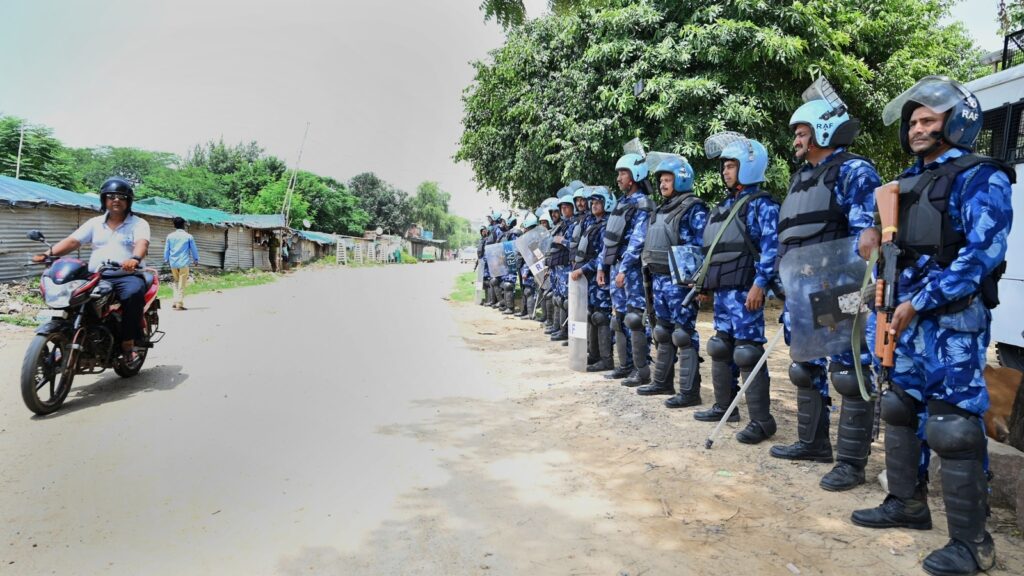A local host to some of the world’s leading multinational firms, Gurugram is the beating heart of India’s new economy, often rivalling the traditional financial capital Mumbai and technological hub Bengaluru, with its entrepreneurial zeal and clutch of start-ups. Yet, last week, a wave of communal clashes caused by administrative laxity and a failure to nab key miscreants dented this narrative. This newspaper reported how financial centres, factories and IT parks were deserted as people chose to work from home, and how hordes of migrant workers had left the city, fearful of a reprisal of the violence that killed six people and upended scores of lives. Some factory owners even warned that unless remedial steps were taken, it will start impacting their productivity. On Sunday, migrant workers from at least six Gurugram neighbourhoods alleged that they were coerced to leave the city due to death threats by right-wing groups. Trade groups and residential societies have already started complaining of a shortage of staff.
Sectarian clashes scar the collective psyche and disproportionately affect marginalised communities by ghettoising them. The developments should serve as a reminder that beyond the wrenching human cost, there is also a stiff economic penalty to be paid by societies that don’t prioritise social amity and law-and-order. Particularly distressing are attacks on migrant workers, who are not only socially and financially vulnerable, but also the backbone of the Indian economy and its labour backbone. Communal tensions might benefit fringe elements in garnering an audience on social media or narrow political benefits, but they hurt India’s growth story. Authorities need to redouble their efforts in arresting rabble rousers without inciting the perception of bias, and safeguard migrant workers from attacks.

